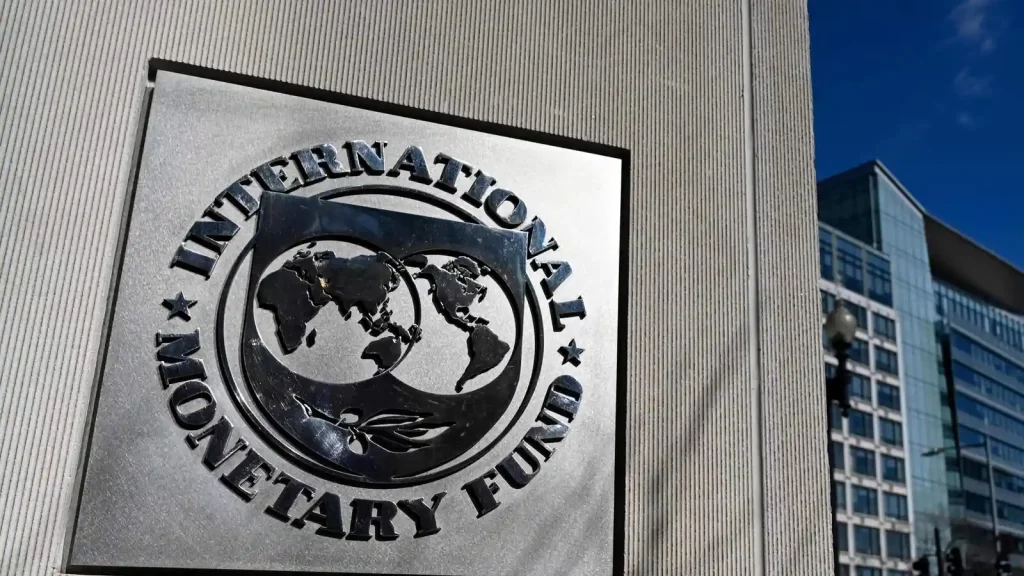The International Monetary Fund cautioned that if the world trade system fractures as a result of geopolitical unrest. According to an IMF study published on Friday, Asia and Pacific nations might see a loss of almost 3% in the gross domestic product if the trade is cut off in sectors affected by recent U.S. Semiconductor penalties on China and if non-tariff barriers in other areas are elevated to “Cold War-era levels.”
That is equivalent to twice the estimated yearly worldwide losses. According to the IMF, industries in Asian nations that are forced to contract because of decreased trade might experience average employment losses of up to 7%. At a news conference in Singapore on Friday, Krishna Srinivasan, director of the IMF’s Asia and Pacific Department, predicted that as trade uncertainty rises and more restrictive policies are implemented, the world will finally splinter and become divided.
The International Monetary Fund cautioned that Asia stands to suffer more than any other region in the event of a breakup of the global trading system. “Asia risks losing a lot because it is an important participant in global supply chains and because it risks losing more than anyone else in a fragmented world.”
Chinese-American trade conflicts
During the U.S.-China trade dispute in 2018, there were indications of global disintegration. But additional worrying indications, like the war between Russia and Ukraine, have subsequently surfaced. According to the IMF, sanctions on Russia have increased the level of uncertainty in commercial relations.
The IMF warned that trade policy uncertainty, not simply trade barriers, might slow economic growth as businesses delay hiring and investments and new businesses delay market entry. For instance, the IMF discovered that after two years, the 2018 U.S.-China trade tensions decreased investments by around 3.5%.
The effects of trade fragmentation are more severe for Asian emerging economies and for businesses with high levels of debt. While the IMF’s research concentrated on the effects of trade fragmentation, it warned that there could be other, more serious negative effects as well, like the “unravelling of financial links.”
The IMF stated that financial fragmentation might result in both short-term costs from a quick unwinding of financial positions as well as long-term costs from a lack of diversification and a slower rate of productivity growth due to a decline in foreign direct investment. The international organization calls on nations to remove harmful trade restrictions and lessen ambiguity by communicating their policy aims more clearly.
“Investing in education and digitalization might be given more priority… but foremost, global cooperation, as we wish to reduce the chance of fragmentation. We must all act quickly and collectively, Srinivasan stressed.
Concerns have been raised about capital outflows from Asia due to the fact that the region’s interest rates are lower than those in the US. However, according to Srinivasan, they are still “manageable” for now.
According to Srinivasan, the situation in Asia has been complicated. For instance, we observed substantial capital movements to India, substantial capital flows to Taiwan and China, moderate capital flows from Indonesia and Malaysia, and small net inflows into Thailand. More lately, we have noticed flows returning to India. Thus, the picture is somewhat ambiguous, he remarked.
